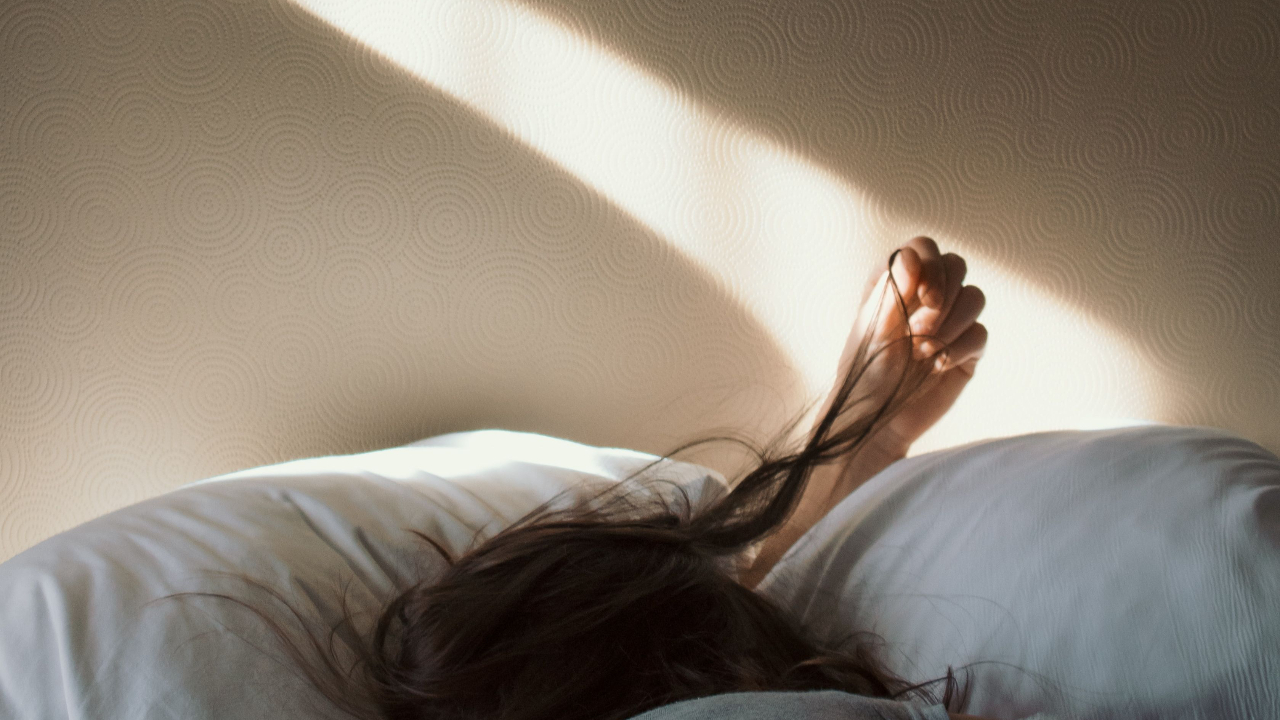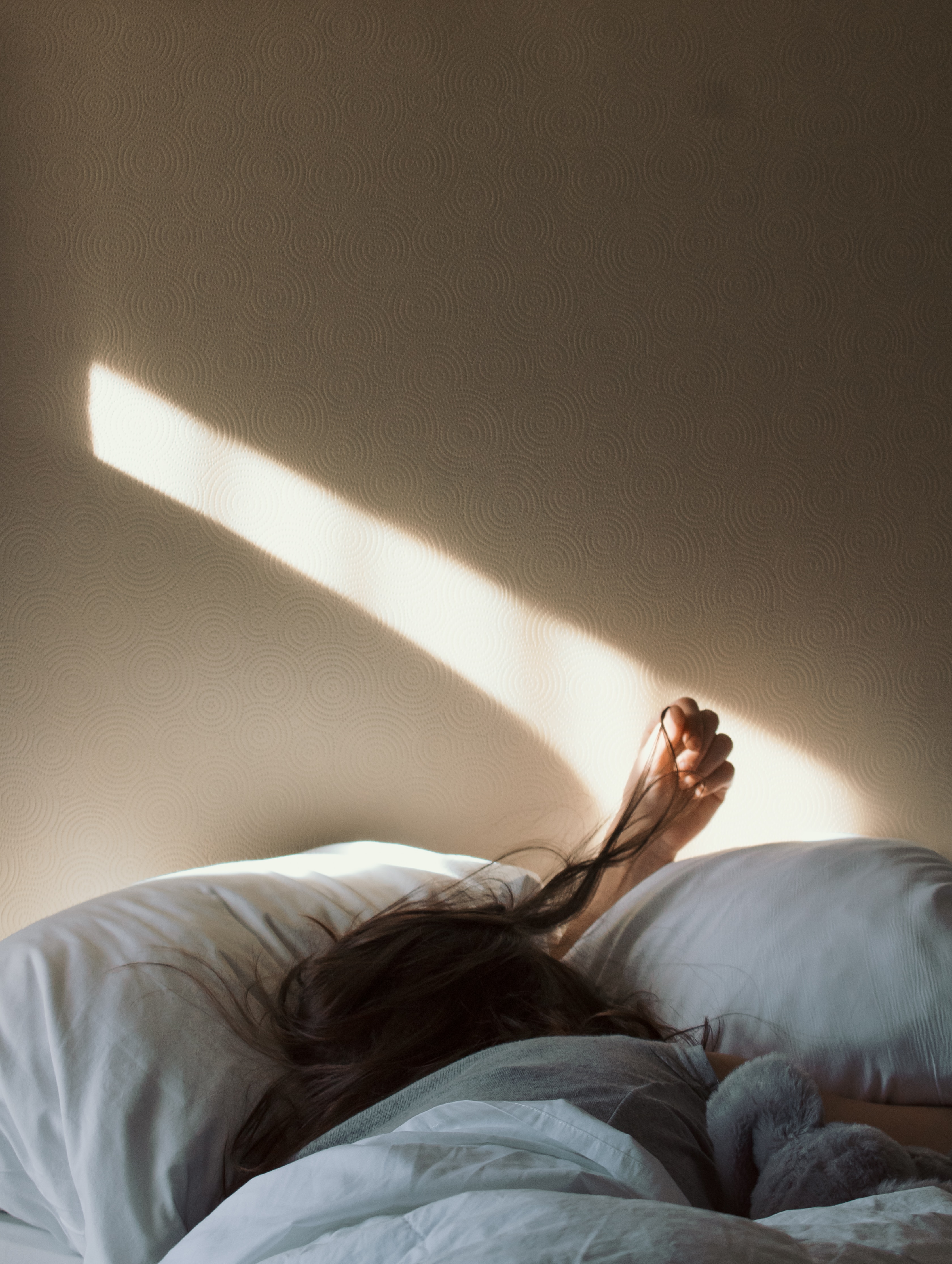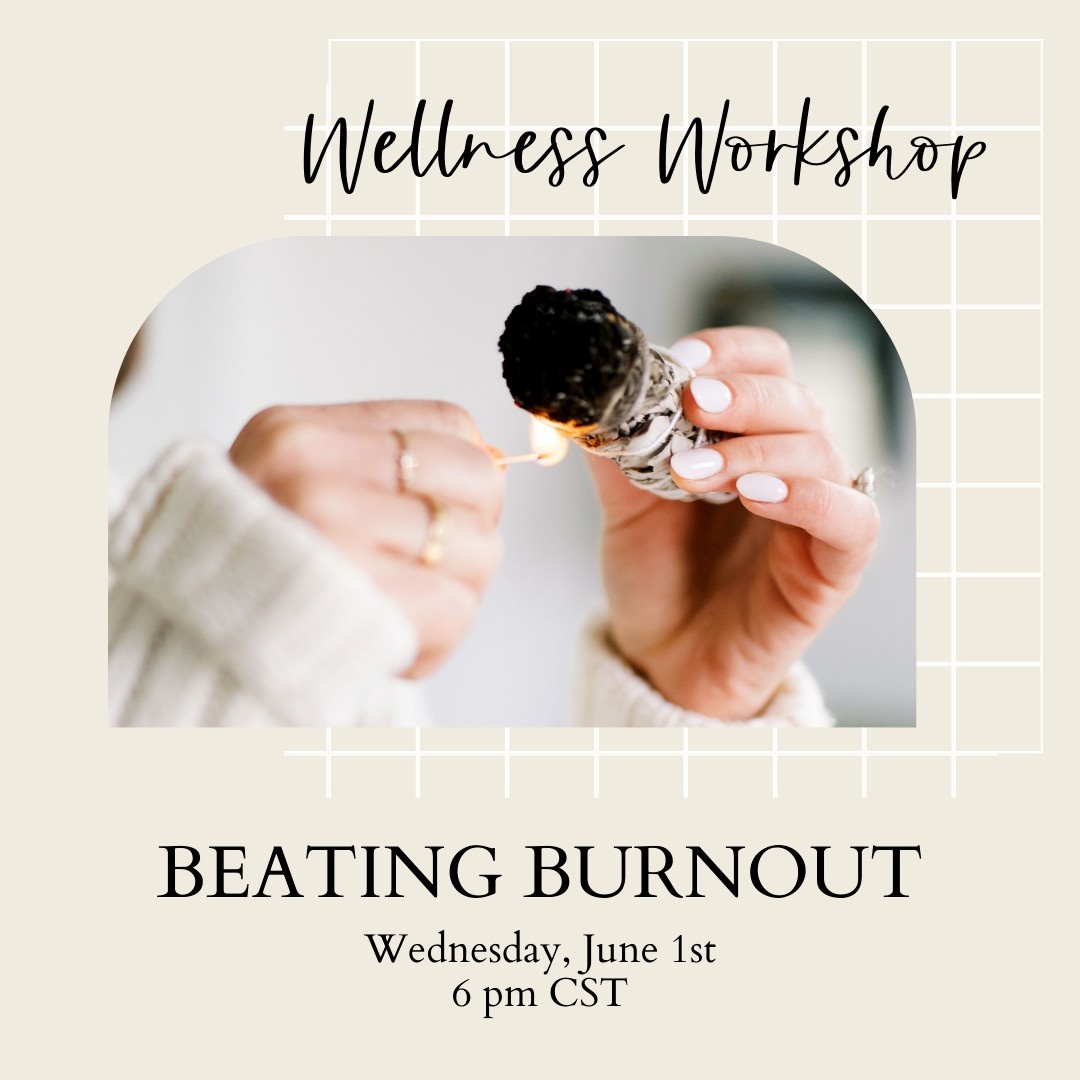

Understanding how to better manage stress and anxiety in order to live your fullest, happiest life is something I'm passionate about discussing with y'all.
You likely already know that alcohol isn't the healthiest option, but have you really considered the impact it has on both your brain and your mental health?
I recently shared several Holistic Ways to Combat Anxiety, which spurred a deeper conversation with my friend and classmate from Wake Forest University, Sidney Murray, who is currently a PhD student in the Nutritional Neuroscience Lab at American University in Washington (learn more about her and her amazing work below!).
Here, she's helping us dive deeper into what you need to know about alcohol's impact on the brain and how you can take a more well-informed, mindful approach to drinking.
Keep reading for our informative Q&A!
From a neuroscience perspective, what does alcohol do to the brain - while drinking & afterwards?
"Alcohol is a positive allosteric modulator of gamma-aminobutyric acid (GABA) (simply put, it makes GABA work better). GABA is our most prevalent inhibitory neurotransmitter and makes us feel relaxed and uninhibited when its activity is elevated. This is why most people enjoy the feeling of being drunk.
However, for every chemical change in the body, there is always a compensatory reaction (i.e., efforts towards restoring homeostasis). So, it is important to understand that while GABA is our most prevalent inhibitory neurotransmitter, glutamate is our most prevalent excitatory neurotransmitter and has an inverse relationship with GABA. When glutamate is elevated, it causes feelings of anxiety, depression, and insomnia, and if high enough, it causes a process called excitotoxicity. Excitotoxicity is when glutamate activity over-excites cells to the point of cell death, which causes brain structural atrophy overtime (e.g., hippocampal or cortical atrophy).
Therefore, after we artificially increase GABA activity through alcohol intake, our glutamate activity compensatorily increases in order to try to restore the balance between glutamate and GABA. Since glutamate has an inverse relationship with GABA, every time GABA increases, glutamate will be relatively lower in that moment, yet after artificial GABA inflation wears of (i.e., after you stop drinking), glutamate will ratchet up and you will be in a state of excitotoxicity, and feel anxiety, depression, and experience insomnia. This is what the trendy term “hangxiety” is describing."
How is alcohol use connected to anxiety and depression?
"You may notice that after you drink alcohol, you wake up in the middle of the night. This is the consequence of GABA wearing off a few hours after you stop drinking, and glutamate increasing, which causes insomnia. Glutamate excitotoxicity is behind depression, anxiety, PTSD, and many other neurological and psychiatric diseases. Therefore, alcohol use for individuals with mental illness should be avoided.
This is not the whole story either. Glutamate and GABA are closely related by a chemical reaction involving the enzyme glutamic acid decarboxylase (GAD) and its necessary cofactor of vitamin B6. Alcohol causes us to excrete (i.e., pee out) our B vitamins, and thus puts us in states of B vitamin deficiency. Therefore, without vitamin B6, we cannot convert the massive amount of glutamate that is now present into GABA. This leaves us without defense against the elevated glutamate activity we experience after drinking alcohol.
Many people notice that they feel depressed/anxious, not only the day after drinking alcohol, but up to 3 days afterwards. This is to be expected, as it takes about 72 hours to get glutamate out of your system after being “dosed.” So, the consequences regarding glutamate alone are twofold - it is increased because of compensatory mechanisms, and it is not being converted to GABA because alcohol has caused B6 excretion.
There are still more implications. Serotonin deficits are implicated in anxiety, depression, and PTSD. Alcohol causes acute increase in serotonin, in addition to GABA, contributing to the good mood you feel when you drink alcohol. However, like everything, there is a compensatory response after you stop drinking, where serotonin lowers. Therefore, this is another culprit of low mood after a night of drinking. All of these things describe the neurobiology of the immediate 1–3 days after drinking alcohol, but unfortunately there are still many long-term consequences I will cover below."
How does alcohol use affect the brain over a long period of time?
"When we consistently artificially increase any neurotransmitter’s activity levels, a couple of things occur:
1) decrease of neurotransmitter production and
2) receptor downregulation
When we artificially increase GABA activity repeatedly over time (e.g., we drink alcohol repeatedly), our body starts to compensate in a chronic sense against the artificially-induced GABA inflation. That is, our cells start producing less GABA on their own, so our presynaptic cells are releasing less GABA into the synapse, and it causes our cells to downregulate their GABA receptors, so our post-synaptic cells become even less sensitive to any GABA that is present.
Recall that GABA activity makes us feel relaxed. Therefore, with less of it due to repeated alcohol use, our baseline anxiety level increases over time. This means even if you don’t drink for several days, you will feel more anxious than you did in life before you ever started drinking alcohol at all. The same thing happens to serotonin, where it also starts to downregulate in both production and receptor availability/sensitivity. Therefore, our baseline depression also gets worse over time.
So, quite literally, you can induce anxiety and depression in yourself even if you did not have either before, by drinking alcohol over time. This is a message that is not widely known. People underestimate the effects of alcohol on the brain and on mental health more specifically. It literally makes you more anxious and more depressed in both an acute and chronic context.
The good news is, if you stop drinking, over time GABA receptors will upregulate and natural GABA production will increase. This means that you can lower your baseline anxiety level if you no longer expose your brain to alcohol. The same goes for serotonin and its receptors, so you can also alleviate your baseline depression level by cutting alcohol out of your life."
If we do choose to drink, how can we better protect our brains from the negative consequences?
"Focus on B vitamin restoration and other glutamate-activity-countering nutrients like magnesium and zinc in the days following. Magnesium and zinc both block the glutamate receptor subtype, the NMDA-receptor. So these nutrients can combat glutamate excitotoxicity.
Additionally, you need to restore your B vitamins which alcohol has caused you to excrete. B6 in particular will help you convert the excess glutamate into GABA, fighting against the excitotoxic state that is alcohol withdrawal."
What would your advice be for those looking to incorporate alcohol occasionally?
"My advice would be that occasional incorporation of alcohol is truly occasional. Unfortunately, there is no safe amount of alcohol. It’s a common misconception that alcohol “in moderation” can be part of a healthy lifestyle. It’s really not a categorical difference between “moderate” alcohol consumption and “high” alcohol consumption. It’s a biological process that happens in continual degrees of severity - so, in other words, along a spectrum.
So, a little bit of alcohol is going to cause a certain level of the processes I’ve described above. A lot of alcohol will cause the processes I have described to a greater extent. But, regardless if you are drinking alcohol at all, the processes described apply. To this point, many people will feel depressed/anxious in the 1-3 days following even just 1 or 2 alcoholic drinks.
So, you have to figure out what works for you, but if you really want to protect your brain and mental health, no alcohol is the best route. Hiyo drinks, Spindrifts, and other mocktails are a great substitute for alcoholic beverages if you want something fun to have at a dinner out or to hold at a party."
Phew - that's a lot of amazing info to take into account! I'm so happy that Sidney was able to share her wisdom and help us all better understand the role that alcohol plays in both our brain and mental health.
Have any questions? Don't hesitate to shoot me a note!
MEET SIDNEY

Sidney Murray is a PhD student in the Nutritional Neuroscience Lab at American University in Washington, DC. Her research focuses on the influence of diet on PTSD and its related biomarkers. She is also interested in the neurobiological processes involved in eating disorder development following trauma and PTSD onset. You can find her theory on this topic in the journal Appetite, as well as other publications in Life Sciences, Neuroendocrinology,
The latest goods, right in your inbox.
We hate SPAM. We will never sell your information, for any reason.


